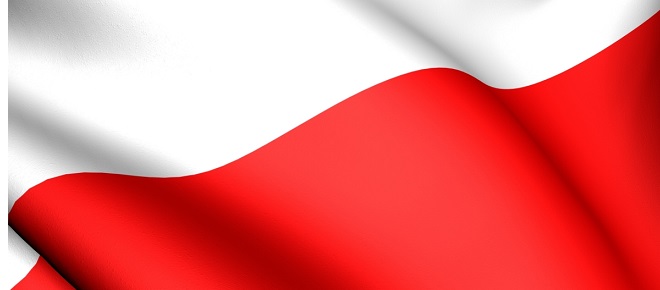
posted December 3, 2015 in category Renting Zone's Guide to Wroclaw
“Witaj we Wrocławiu” or Welcome to Wroclaw. Sit down comfortably and try to memorize a few useful expressions in the new language. This is not a phrase book, but some practical guidelines for the beginning of life in a new place. Any questions or suggestions? Let us know!
You come to Wroclaw, get off at the station or look for your suitcase on carousel. You are in a foreign country, but not in the jungle. Although the language may seem really confusing... you are probably already familiar with the legends about how difficult it is, and the “tshtch” sounds absolutely strange. Heads up, if you know English, you’ll get across everywhere! But remember that a few expressions in Polish can help you break the ice. That’s the easiest way to claim the fame.
Dzień dobry [Good Day / Good Morning]
You probably already know that one, but what you don't know is that in Poland saying this phrase with a foreign accent gives a unique power. This is what gentlemen will learn with their first night out in the club... Your “dzień dobry” will make even the dullest “PKP lady” or deanery officer smile. This is the first step to meet other students and get their notes. Your repertoire should also include:
- Cześć
- Hej
- Witam
- Siema (for young people only)
Jestem Kaśka, a Ty? [I’m Kaśka, and you?]
After the proper greeting, it is worth to introduce yourself and ask your interlocutor about their name. It’s an easy question and better learn it by heart as you never know when it may come in handy. Make sure that you put your name there :)
Co słychać? [How are you?]
That’s the typical question at the beginning of any conversation. This single phase enables you to learn about your interlocutor's disease story, family problems and other terrible things that happen to them. This is who we are - Polish people rarely hit you with an optimistic “w porządku” [I’m fine]. Fortunately, some people are great exceptions to this rule and that phrase will help you reach them.
Other similar expressions:
- Co tam? [What’s up?]
- Jak się masz? [How are you doing?]
Przepraszam, gdzie jest Rynek? [Excuse me, where is the Main Square?]
This phrase is very useful, especially when you start sightseeing the city. If you've reached the Main Square - Rynek, you can get everywhere. Don’t be ashamed to ask for directions in Polish and remember about all the benefits of struggling with this language. You can also use this expression when you are looking for any other place.
Przepraszam, gdzie jest....
- kantor? [currency exchange]
- sala wykładowa? [lecture room]
- Uniwersytet Wrocławski? [Wroclaw University]
- przystanek autobusowy? [Bus stop]
- toaleta? [Toilet]
- sklep spożywczy? [Grocery store]
Dzień dobry, poproszę... [Good day, I’ll have...]
Although you probably prefer self-service shops, here are some phrases you may use in the regular ones: the simple, Dzień dobry, poproszę chleb/wodę will come in handy everywhere, even in a local shop. But if you find yourself in a convenience store you should shay: Dobry wieczór, poproszę dwa piwa (one won’t bring you so much joy). And before you leave, smile and say Dziękuję, dobranoc or Dziękuję, do widzenia - and you become the favorite client.
Czy ten tramwaj jedzie na Grunwald? [Does this tram go to Grunwald?]
Public transport may be the source of many difficulties, especially at the beginning of your stay, when you aren’t familiar with the names of Wroclaw’s residential districts and every bus stop name sounds like a threat. But you only need to know the name of the place you want to reach.
Czy ten tramwaj jedzie…
- do Rynku? [to the Main Square?]
- pod Galerię Dominikańską? [to Galeria Dominikańska?]
- na dworzec? [to the train statoin?]
Don’t worry about the propositions “na”, “do” or “pod” - this is covered in lesson 10 ;) But if you want to ask about a specific street, you can say: Czy ten tramwaj jedzie na ulicę Legnicką / Grunwaldzką / Świdnicką?
It’s just the beginning - any tips? Do you want to learn more useful expressions? We’ll be able to assist you better if you tell us what you need.
Want to learn Polish in the school? Contact our friends from Polish Street - great atmoshpere and friendly people :)



